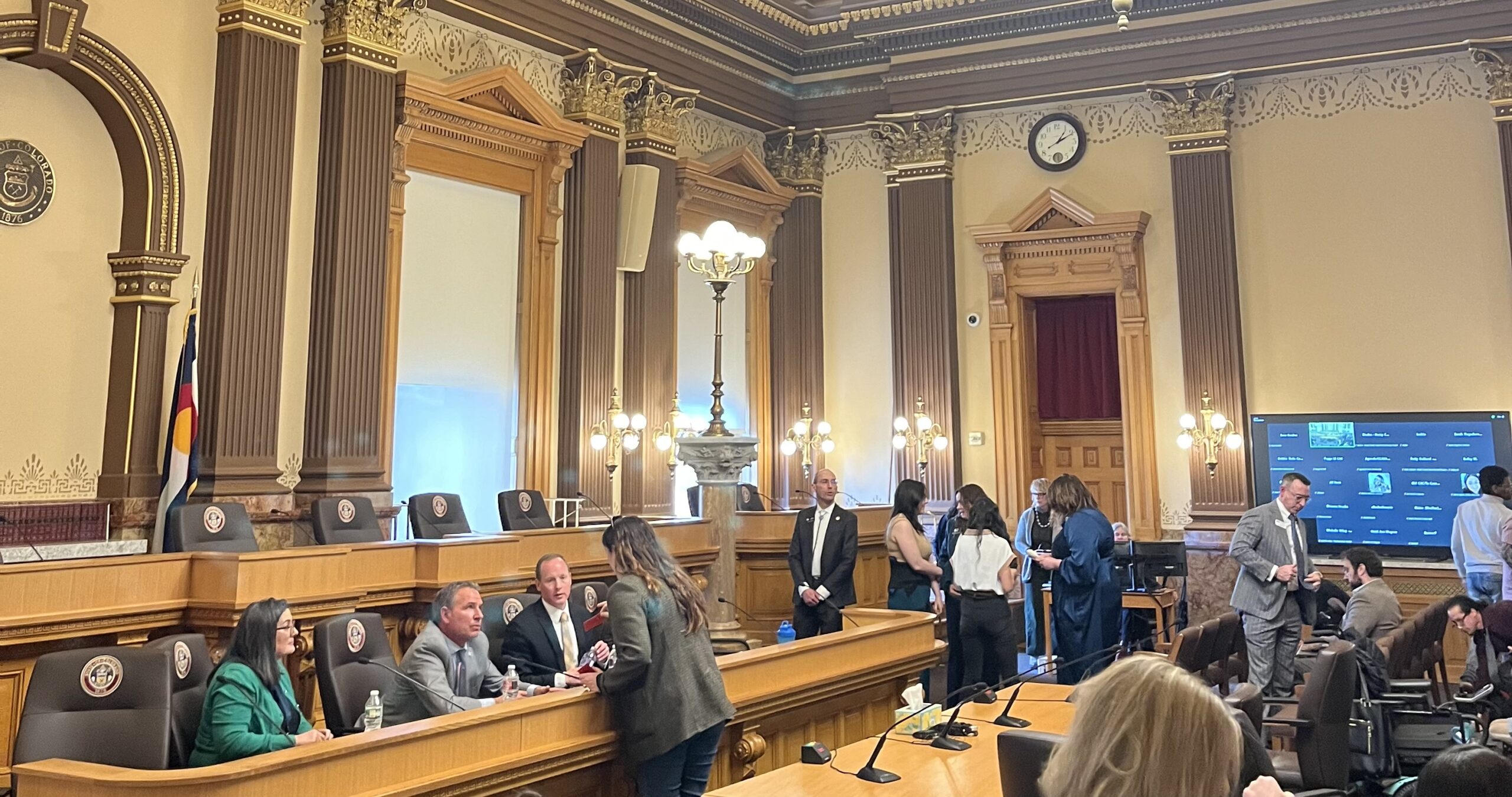The AUSA Senate’s role should be limited to on-campus issues such as funding and should not be able to speak on behalf of their officers in a statewide civic discussion.
This answers John McMahon’s question put forward in the Disclaimer’s special report on the AUSA Senate decision Tuesday not to voice an opinion on Referendum I, which would offer benefits to same sex couples. The vote was 7-2-6 with no majority.
John McMahon, editor in chief of the Disclaimer, asked in his piece, “Abstinence: It Works, If You’re Trying to Prevent The Conception of Basic Rights,” what the role of the student-elected Senate is. “Should it (the role) be limited to on-campus issues such as funding, or does the Senate have the right to speak for the entire campus and engage in a statewide civic discussion?”
There are a couple things wrong here. Number one, in the original quote it was “to right to speak” and not “the right to speak.” I fixed it John – don’t worry, but basic copy editing does help in the presentation of an argument.
Second, if people like McMahon and Michael Nicoletti, the sponsor of the resolution, think that a vote would speak for a majority of the campus, it is further proof that they are out of touch with the main student population.
More evidence of this exists in the fact that according to McMahon, supporters of the resolution were “taken aback” by its failure to pass. Nicoletti was “very surprised” and Queer Straight Alliance President Moises Munoz was “optimistic as far as the way the vote was going to turn out.” The article also goes on to say that Nicoletti “focused on communicating with his colleagues.” I hope that by colleagues he doesn’t mean actual students at the University of Denver, because most students would feel like I do that an issue like this has no business in a student senate.
Student senates are elected to deal with things like funding and student activities, making sure tuition money goes toward education, and making sure that students can walk across a well lit campus at night in complete safety.
But instead of these intended roles AUSA Senate is supposed to play, they concentrate on other areas they have zero power over and make false claims about. For instance, Munoz and Nicoletti feel this is a “vital issue” and was a “high priority subject.” That in itself should tell the student body something. These people are elected, and when the elected lead those who put them in their positions in the wrong direction, the electorate has the power to remove them via the next election cycle. Regardless of how you (the student) feel about an issue such as Referendum I, most of us feel that the AUSA Senate is no place for these kinds of resolutions. If they do, the senators abuse their power and embarrass themselves, the students and the university and deserve to be replaced with someone who can carry out the functions that are specified in the AUSA constitution.
The resolution did not pass, and that’s the good news out of all of this.
McMahon claims that the Senate has failed the student body and that it is time for that student body to respond. All evidence to the contrary. This “fundamental human issue” can be voted on at the polls and should not be addressed by student senators who claim to speak for the entire student body. That is quite a claim that is obviously false. I also encourage the student body to respond, but by way of denouncing the Senate’s wish to speak for all students on campus.
While I do not object to a discussion of these issues, I do object to the fact that my leadership has lost its purpose. What people like McMahon, Nicoletti and Munoz fail to understand is that most of America and most students do not think or vote like they do. To think that is pure liberal elitism and disproves the fact that you are people of the people and are in touch with conventional America and the mainstream DU population.
I applaud those senators who did not allow this resolution to pass as they might have seen that AUSA Senate has no business in commenting on civic issues and a Senate vote would in fact, accomplish nothing for the campus.
Those who did vote for the resolution’s passage get most (see how I made the distinction John) of the university’s disparagement and get credit for furthering moral relativism in a place of learning where students should be taught how to think and not what to think. You do no service in helping the already poor opinion students have of their student government.
My advice goes to two audiences. First, to the senators I say that actions like these and delusions of grandeur of being something you’re not (like a real politicians) should cause you to rethink you’re purpose as student-elected officials and ensure that we have a quality campus that is safe and has the resources to give its students the education and recreation they pay for.
To the students, these same actions and ideas should be enough cause for outrage, and should give you an initiative to care about your student government, how it works, who is running, and why. We as a university need to keep tabs on our own government officials just like we do our statewide and federal elected officers. Be informed and hold those who are responsible, accountable.











